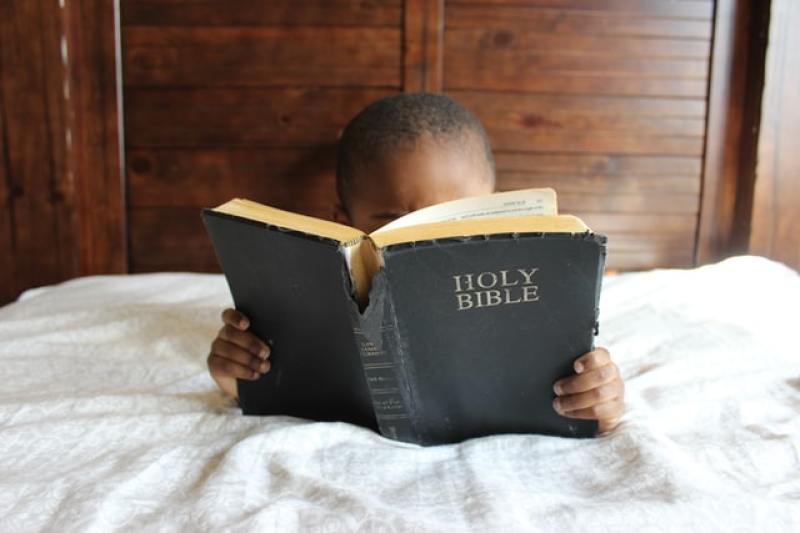
The question of who was the first missionary dispatched from America has been debated throughout the country's Church history. George Liele (or Lisle), an African-American who was born into slavery about the year 1750, is believed to have been that missionary.
However, others say that because Liele left America and wasn't "sent out" like Adoniram Judson, who received the Baptist Church's official approval and commissioning, he wasn't the first American missionary.
But this issue is simply one of "semantics," says a blog in Maps Global, which stated that Liele's acceptability among white congregations such as Matthew Moore's church is proof that his vocation to preach the gospel was confirmed.
J. Liele, author of the blog, asserts that the story of George Liele as the first missionary sent out from America speaks volumes about the prophetic destiny of America's coastal missions. This history of African Americans pioneering American missions, he argued, foreshadowed what would happen to black missions in the future.
Although the reality does not currently represent this history or destiny, this may simply serve as an indication that the largest mobilization effort for global missions, comprised mostly of African American Christians, is about to take place.
His life as a pioneer
George Liele initially heard the gospel at Henry Sharp's farm, where he became a believer. At the age of twenty-three, he made the decision to give his life to Jesus.
He started preaching to other slaves on the farm, and his preaching attracted the attention of Henry Sharp's pastor, Matthew Moore. On May 20, 1775, Moore baptized and ordained Liele. This made him the first ordained African American Baptist pastor. Soon thereafter, Sharp gave Liele his freedom, allowing him to preach freely and to carry out his ministry.
Liele not only preached to slaves, but also at Moore's white congregation's quarterly meetings. Liele preached, baptized slaves, and raised leaders to preach on the many estates he was visiting. During the Revolutionary War, when slavery was the law of the land, Liele focused on the message of the Gospel. He was born into slavery, but that did not stop him from serving God and spreading the gospel to the poor.
Liele would continue to establish First African Baptist Church in Savannah, Georgia. As a result of his powerful preaching and ministry, the gatherings would be crowded with both black and white people. That lasted a few years, but during that time, the heart of Liele started to shift to slave populations beyond the U.S. coast.
Henry Sharp, his former master, was slain in combat when the revolutionary war started. Sharp's children attempted to re-enslave Liele after his death. Liele and his family decided to go to Kingston, Jamaica with Colonel Kirkland after realizing that their future in the United States did not seem to be promising.
They arrived in Jamaica in 1782 and started building a church in Kingston in 1789. Due to financial difficulties, the project was delayed. Financial hardships weren't Liele's only concerns, however, as Jamaica's slave owners harassed and even imprisoned him twice for preaching the gospel to the slaves. Through all the obstacles, he persisted and established the church through English Baptists' financial assistance. This enabled Liele to conduct services almost every weekday.
They baptized new believers every three months, baptizing 500 people by 1793. And by 1814 Baptist churches have been formed in different locations, with the number of converts estimated to be about 8,000.
For all his work and ministry in Jamaica and Savannah, Liele was unpaid. He provided for the needs of his wife and four children through what he earns by wagon transportation. Despite this, he continued to do the work of the Kingdom of God, and was also involved in the education of the slaves during his time and started schools for them.
He went on to be with the Lord in 1826 four years after visiting England. His body is laid to rest in an unmarked grave in Jamaica. In his honor, a Christian Education Building that built by the East Queen Street Baptist Church in 1966 was named the George Lisle Education Centre.
The life and contributions of Liele was also documented in the National Library of Jamaica.
EDITOR'S NOTE:
George Liele, or Lisle, is proof that Christ is the freedom that every man, slave or free, is longing for. He was born into slavery, but his life as the first African-American missionary shows that he wasn't a slave to man; rather, he was a beloved free man in Christ.
"For he who is called in the Lord while a slave is the Lord's freedman. Likewise he who is called while free is Christ's slave." (1 Corinthians 7:22)





























